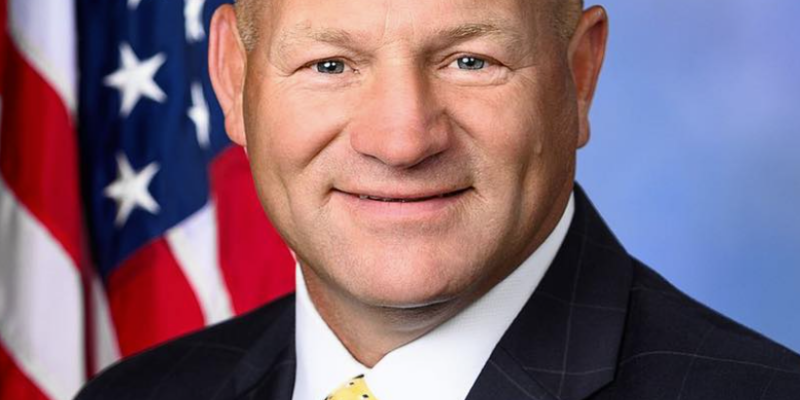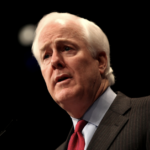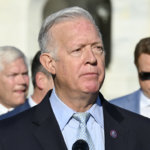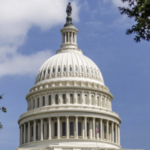WASHINGTON — Rep. Troy Nehls (R-TX) voiced strong frustration after the Senate’s version of the Republican-led tax and spending package, known as the Big Beautiful Bill, stalled following a critical procedural ruling and internal GOP divisions.
“I just think there needs to be more dialogue and some transparency here,” Rep. Nehls said, taking direct aim at Senate Republicans. “There’s some deep concerns, serious concerns that I have—brave concerns.”
The bill suffered a major blow when the nonpartisan Senate parliamentarian ruled that a key Medicaid provision, meant to help offset the cost of tax cuts, violated reconciliation rules. Specifically, the Senate had proposed lowering the allowable provider tax that states use to fund their share of Medicaid costs from 6% to 3.5% by 2031.
The parliamentarian determined that change was not compliant with budget rules for fast-tracked legislation, threatening the entire package's passage with a simple majority.
The ruling further complicated tensions between the House and Senate. While House Republicans favored freezing provider tax rates and prohibiting new ones, the Senate’s more aggressive reduction created friction and jeopardized rural hospital funding that depends on provider tax revenue.
Rep. Nehls said he was concerned not only about the financial structure but also about who would ultimately benefit from the proposed Medicaid changes. “The Medicaid cuts—I don’t think we should be giving illegals Medicaid,” he said.
He also criticized the delayed implementation of work requirements and other reforms to federal assistance programs such as SNAP. The bill’s timeline would push changes out as far as 36 months after passage.
“They’re trying to delay them,” he said. “In my humble opinion, within six months to a year, they should take effect—not three years down the line.”
Nehls also blasted the Senate’s attempt to dramatically cut the endowment tax on elite universities. “We have it at 21%. They want to reduce it down to eight,” he said. “Now, why would you do that? It’s Harvard, all these elite universities. Why would you take it from 21 to eight?”
The collapse of the bill’s momentum in the Senate has underscored the difficulty of balancing cost-cutting with political priorities.
With the endowment tax, Medicaid structure, and nutrition program timelines all in dispute, the bill meeting the July 4th deadline is uncertain.
















